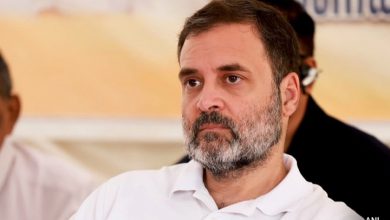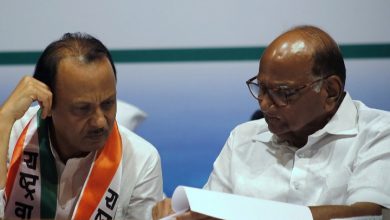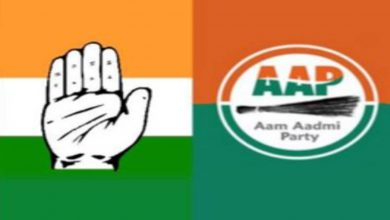PM Modi promises more reforms, says note ban is a short-term pain

NEW DELHI: Prime Minister Narendra Modi today hinted at unleashing more radical reforms, saying his government will not shy away from taking difficult decisions that are in the national interest.
He also said that the hardship caused by demonetisation was only temporary, and that it would bring long-term benefits.
The government “will unveil more long-term policies that are stable and sound” to sustain the higher economic growth rate, PM Modi said at the inauguration of a new campus of the National Institute of Securities Markets (NISM) in Raigad, Maharashtra. NISM is run by the Securities and Exchange Board of India (SEBI), which regulates security markets.
The event was attended by Union Finance Minister Arun Jaitley, Maharashtra Governor Vidyasagar Rao, state Chief Minister Devendra Fadnavis, SEBI Chairman U K Sinha and several other officials and senior bankers.
PM Modi said his government will continue to follow “sound and prudent” economic policies, and that it won’t take decisions for short-term political point scoring.
Admitting that demonetisation has caused some “short-term pains” to the public, he said this “will bring in benefits in the long-term”.
The PM, who said his dream is “to make India a developed country in one generation,” explained that his government had transformed the country’s economy since it came to power in 2014.
He said when he took over the economy was in dire straits, with high current account and fiscal deficits, near-double digit inflation and low foreign exchange reserves.
In spite of all difficulties, PM Modi said his government has improved these key metrics massively, and that today, the country is a bright spot in otherwise a gloomy global environment.
Even as the whole world is fighting a prolonged slowdown, “India is being seen as a bright spot with growth projected to be highest amongst the large economies”, he said.
PM Modi said advancing budget presentation will help improve productivity, by ensuring adequate resources to all productive sectors of the economy.
Despite the lingering disagreements between the Centre and the states over the dual control of the GST mechanism, the PM expressed hope that the biggest tax reform the nation has seen till date will be a reality shortly.
He asked the SEBI and the Ministry of Finance to enable municipalities to tap capital markets.
He also said his government is very keen to encourage start-ups, and that stock markets are essential for the start-up ecosystem.
PM Modi says India needs world-class securities and commodity markets
The PM today lauded the Securities and Exchange Board of India (SEBI) for facilitating a number of Initial Public Offerings (IPOs) this year, and helping capital markets grow. He said financial markets are very important for a fast-growing economy and that India has earned a good name for its well regulated securities markets.
In fact, his dream of making India a developed nation won’t materialise without “without world class securities and commodity markets,” he said.
The PM said that before he could consider financial markets to be fully successful, they would have to meet three challenges.
First, the stock market’s primary goal should be to help raise capital for projects – especially infrastructure projects – benefiting the vast majority of India’s population.
While only the government or external lenders provides long-term capital for infrastructure now, the bond market could become a source of long-term infra finance, he said.
Second, markets should provide benefits to farmers – the largest section of India’s society, PM Modi said.







